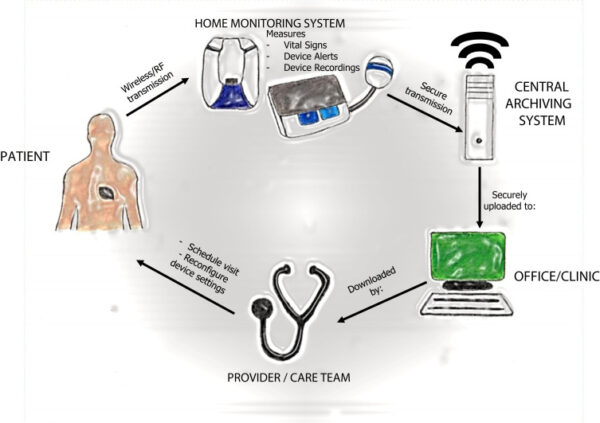Thousands of pacemakers remember the risk of a dangerous short circuit

Thousands of pacemakers remember the risk of a dangerous short circuit
More than 60,000 pacemakers are being drawn because moisture may be able to enter the device, potentially causes deficiencies or decreasing battery life. The FDA notes that this is remembering ‘class I’, which is the most serious type of memory classification – one is provided for problems that can cause ‘serious injury or death.’
The withdrawal came from Abbott, who was previously known as St. Jude Medical, and it involves some insurance and endursi implants. As many as 61,973 from this device have been recalled because, according to the company, ‘a small number of devices’ has problems with moisture into the inside.
When this happens, moisture can cause short electricity, which can then produce a faster battery sewer, telemetry error and failure, loss of the ability to advance the patient’s heart rate, and the duration is reduced between when the device first warns that the battery runs out and the end of the service tool Pacem.
Pacemaker remembered was made using a particular equipment, ‘in accordance with the withdrawal notice, and they were distributed between April 2015 and February 2019. A short battery life can, the company notes, resulting in a pacemaker that needs to be replaced faster than usual.
Also, the pacemaker that loses the ability to provide steps can cause heartbeat problems, such as irregular heartbeat, and related problems such as dizziness, shortness of breath, and fainting. Withdrawal notice said there were 135 injuries and complaints about this problem, but no deaths reported.
Patients who may have one of the pacemakers who are called back to receive letters about potential problems and details about how to continue, lists that can be found on the FDA website here.





